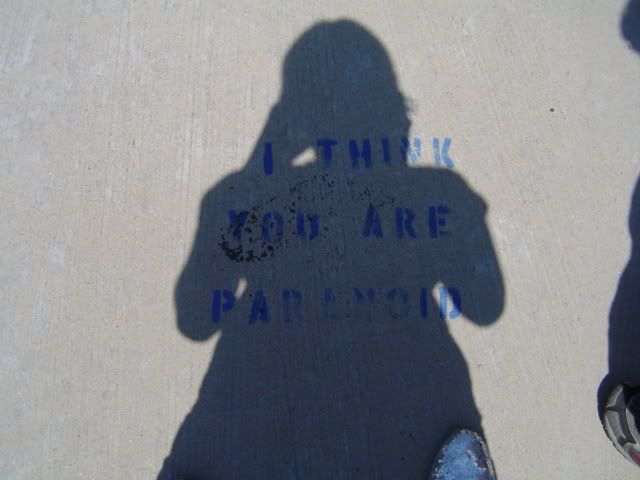--
A body of work should create its own world, which takes on a life of its own. This world can be fantastic and surreal, but should bear a significant relationship to reality, whether in striving to resemble it or setting up in opposition to it. This is similar to Frankfurt's distinction between lies and bullshit: lies still stand in relation to truth, whereas bullshit disregards truth altogether.
The world in the body of work catches fire with a divine spark of truth. It can be a funhouse mirror, casting jaded and distorted likenesses back into our retinas. It can illuminate things that we dare not look at and hold us there, transfixed. It can soften the blow by showing us beautiful things that persist by grace.
Done rightly, it should sound internal silver bells of recognition and clarity.
The world can have mystery, beauty, darkness, ghosts, and passion. The world can have horror and moral outrage. It can contain utopias that shine brilliantly for a few hours or days before collapsing into dystopias. It can sharpen a dull knife into a piercing fear. It can make fun of us. It can have compassion on us. It can try to intercede on our behalf to God, with unknown results. It can be vengeance and wish fulfillment. It can breathe, play, pray. It can evolve and revolve around some author's unknown whims. It can be a book of Psalms. It can stand on its soapbox and denounce relational poverty. It can conspiratorially let us in on the joke.
The world can have mystery, beauty, darkness, ghosts, and passion. The world can have horror and moral outrage. It can contain utopias that shine brilliantly for a few hours or days before collapsing into dystopias. It can sharpen a dull knife into a piercing fear. It can make fun of us. It can have compassion on us. It can try to intercede on our behalf to God, with unknown results. It can be vengeance and wish fulfillment. It can breathe, play, pray. It can evolve and revolve around some author's unknown whims. It can be a book of Psalms. It can stand on its soapbox and denounce relational poverty. It can conspiratorially let us in on the joke.
The world, having taken on a life of its own, should have us frantically flipping pages back and forth to make translucent, spiderweb connections. It should alternately make us forget the physicality of the object we are holding, and then flaunt it. It should show us the virtues of places, times, and things we would otherwise ignore.
---
---
This is what poetry can do, but I am not sure if I can make mine do it.
